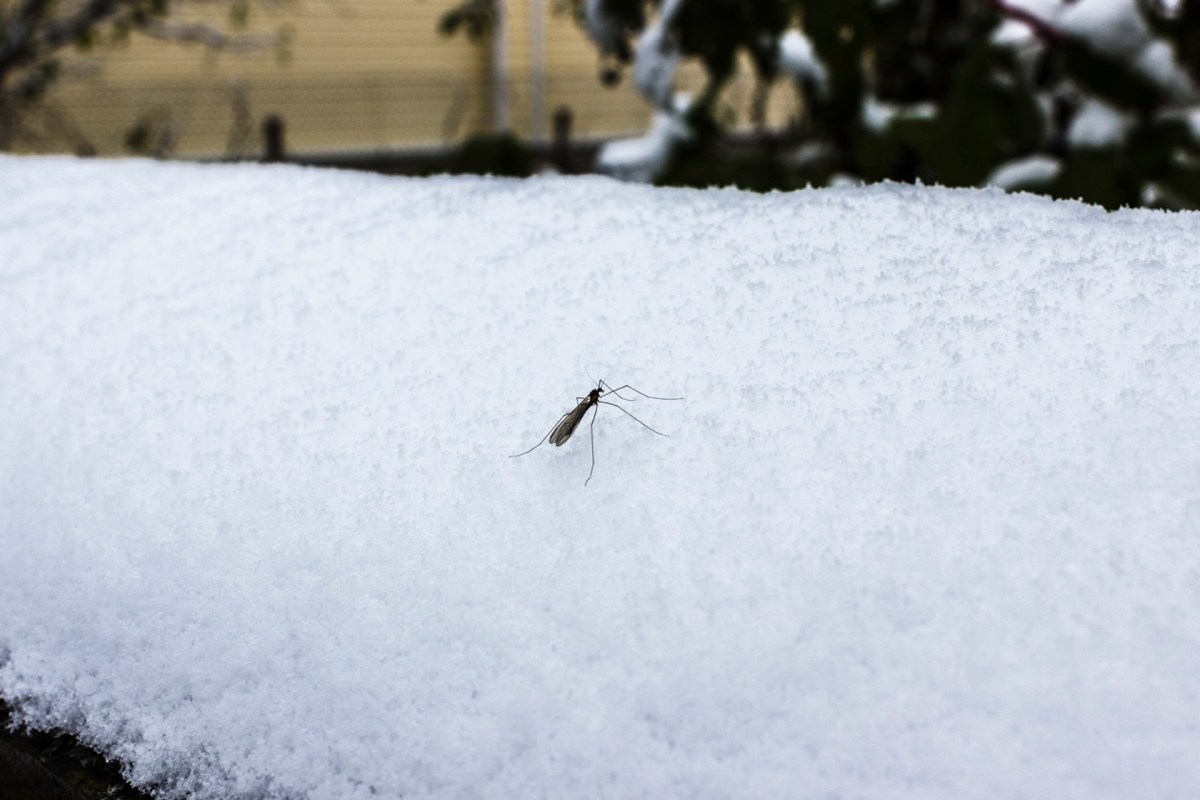Scientists from the University of Helsinki have discovered a mosquito species previously unrecorded in Finland, highlighting how rising temperatures across the globe have expanded the insect's habitable range.
What happened?
Lorna Culverwell, a researcher from the university's virology department, identified Culex modestus in the coastal city of Pori in the summer of 2022, making it the 44th mosquito species found in Finland.
It's the northernmost discovery of Culex modestus in Europe, as it had been recorded as far north as Leningrad Province in Russia and Skåne, Sweden, beforehand.
"Only one specimen of this species was found, but I believe it to be unlikely that it would be the only one of its species in Finland," Culverwell said.
Why is the mosquito's discovery in Finland concerning?
This mosquito species is a known vector of West Nile virus and can spread the disease from birds to horses and humans.
Luckily, it currently doesn't serve as a threat to residents of Finland.
"Finns shouldn't be concerned about this mosquito discovery at this point," Culverwell said. "... At present it is very unlikely for transmission of the virus to humans or horses as several species are required for a disease transmission cycle to occur."
The more immediate concern is that the mosquito species has migrated to Finland, since the species is historically located in the temperate regions of Europe, Asia, and Northern Africa.
It's a sign that the planet's overheating is providing new suitable environments for the blood-feeding insect, potentially leading to a surge in infections for a population that hasn't yet been inoculated against mosquito-borne diseases.
"The chance of species from farther south invading Finland will increase if the climate warms and winters become milder," Culverwell added. "Several species from southern Europe are able to transmit other disease-causing pathogens which are not yet found in Finland, so research should be kept up to maintain an understanding of which pathogens are found where, and whether they are a real or potential risk to human or animal health."
What can I do to help?
With warmer climates helping mosquitoes mature more quickly and extend their lifespan, it's important to remember that the repercussions of drastic temperature fluctuations extend beyond extreme weather events.
Nearly every facet of life, from exacerbated respiratory issues to reduced olive crop yields in Spain, is impacted by global overheating, placing the onus on us to alter the current trajectory of the Earth's temperature.
Actions like using reusable materials instead of plastic (which uses dirty energy to produce and typically ends up in landfills) or voting for pro-climate candidates are just a couple of ways to prevent irreversible damage caused by rising temperatures.
Join our free newsletter for weekly updates on the coolest innovations improving our lives and saving our planet.









